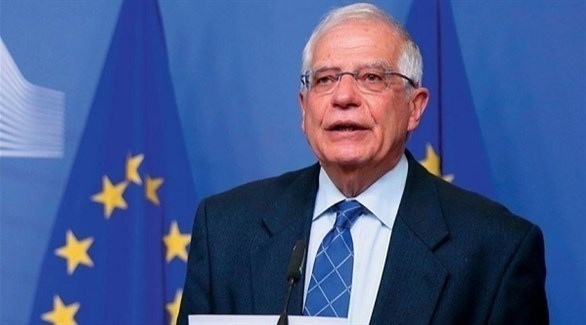
-
Published: 18 June 2022

To work to prevent any "undesirable" impact of his sanctions against Russia, such as broken food supply chains and "over-compliance" with payments, and others, EU Foreign
Policy Coordinator Josep Borrell confirmed on Saturday that the Union is ready to cooperate with all in order to mitigate the negative effects of Russia's sanctions on global food security.
Borrell said he had met with a number of United Nations and African officials over the past week to discuss the impact of EU sanctions on African countries, particularly with regard to exports of grain and fertilizer from Russia.
"I have assured all my interlocutors that we are ready to work with the United Nations and partners in preventing any undesirable effects of our sanctions on global food security," he said, noting that they are in close contact with the United Nations to consider issues such as market avoidance and compliance that could affect purchases of Russian grain or fertilizer.
He stressed that the European Union's sanctions had never targeted Russian agricultural exports and fertilizers, and therefore any related payments must be free from restrictions.
On 4 June, President Maki Salle of Senegal called on Western countries to ease sanctions on Russia, saying they posed risks to food insecurity in African countries, where payment restrictions hindered their ability to buy grain with fertilizer shortages, which would cause crop failures.
